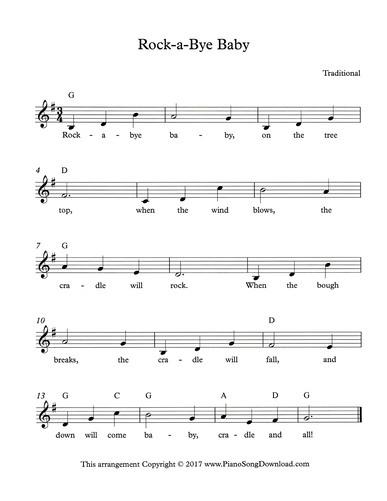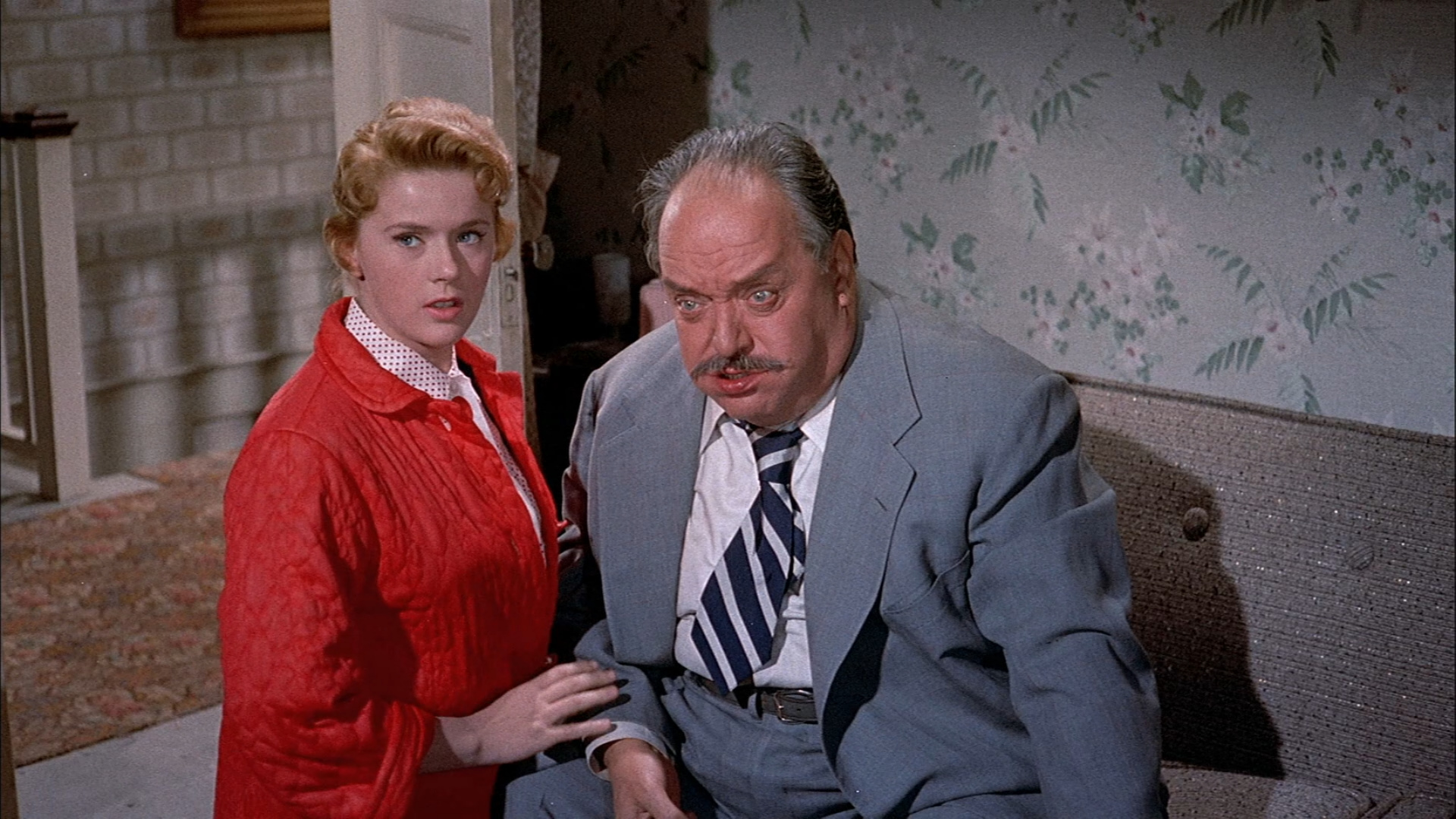

An early dandling rhyme is quoted in The Oxford Nursery Rhyme Book which has some similarity:Ĭatch him, crow! Carry him, kite! Take him away till the apples are ripe When they are ripe and ready to fall, Here comes baby, apples and all, woop woop.


The line “ when the bough breaks the baby will fall” would suggest that the baby was dead weight so heavy enough to break the branch.Īnother possibility is that the words began as a "dandling" rhyme - one used while a baby is being swung about and sometimes tossed and caught. The mothers would hang the child from a basket on a branch in a tree and waited to see if they would come back to life. Yet another theory is that the song is based around a 17th century ritual that took place after a newborn baby had died. It would help to substantiate the suggestion of a specific political application for the words however if they and the 'Lilliburlero' tune could be shown to have been always associated. The "cradle" is the royal House of Stuart. The earliest recorded version of the words in print appeared with a footnote, "This may serve as a warning to the Proud and Ambitious, who climb so high that they generally fall at last", which may be read as supporting a satirical meaning. The "wind" may be that Protestant "wind" or force "blowing" or coming from the Netherlands bringing James' nephew and son-in-law William of Orange, who would eventually depose King James II in the revolution (the same "Protestant Wind" that had saved England from the Spanish Armada a century earlier). The baby is supposed to be the son of James VII and II, who was widely believed to be someone else's child smuggled into the birthing room in order to provide a Roman Catholic heir for James. Yet another theory has it that the lyrics, like the tune "Lilliburlero" it is sung to, refer to events immediately preceding the Glorious Revolution. In Derbyshire, England, local legend has it that the song relates to a local character in the late 18th century, Betty Kenny (Kate Kenyon), who lived with her husband, Luke, and their eight children in a huge yew tree in Shining Cliff Woods in the Derwent Valley, where a hollowed-out bough served as a cradle. One theory suggests the rhyme narrates a mother gently rocking her baby to sleep, as if the baby were riding the treetops during a breeze then, when the mother lowers the baby to her crib, the song says "down will come baby."Īnother identifies the rhyme as the first English poem written on American soil, suggesting it dates from the 17th century and that it may have been written by an English immigrant who observed the way native-American women rocked their babies in birch-bark cradles, which were suspended from the branches of trees, allowing the wind to rock the baby to sleep. The words appeared in print in England c. Various theories exist to explain the origins of the rhyme. Rock-a-bye baby, in the tree tops When the wind blows the cradle will rock When the bough breaks, the cradle will fall Down will come baby, cradle and all Baby is drowsing, cosy and fair Mother sits near in her rocking chair Forward and back, the cradle she swings Though baby sleeps, he hears what she sings Rock-a-bye baby, do not you fear Never mind, baby, mother is near Wee little fingers, eyes are shut tight Now sound asleep - until morning light Rock-a-bye baby, on the tree tops, When the wind blows, the cradle will rock, When the bough breaks, the cradle will fall, And down will come baby, cradle and all. Rock-a-bye baby, thy cradle is green Father's a nobleman, mother's a queen And Aggy's a lady, and wears a gold ring And Johnny's a drummer, and drums for the king. Rock-a-bye baby, thy cradle is green, Father's a nobleman, mother's a queen.Īlternate Lyrics as shown in The Real Mother Goose published in 1916: The version from Songs for the Nursery (London, 1805), contains the wording: Rock-a-bye baby On the tree tops, When the wind blows, The cradle will rock When the bough breaks, The cradle will fall, and down will come Baby, Cradle and all. The first printed version from Mother Goose's Melody (London, c. It has a Roud Folk Song Index number of 2768. The melody is a variant of the English satirical ballad "Lillibullero".

" Rock-a-bye Baby" is a nursery rhyme and lullaby.


 0 kommentar(er)
0 kommentar(er)
